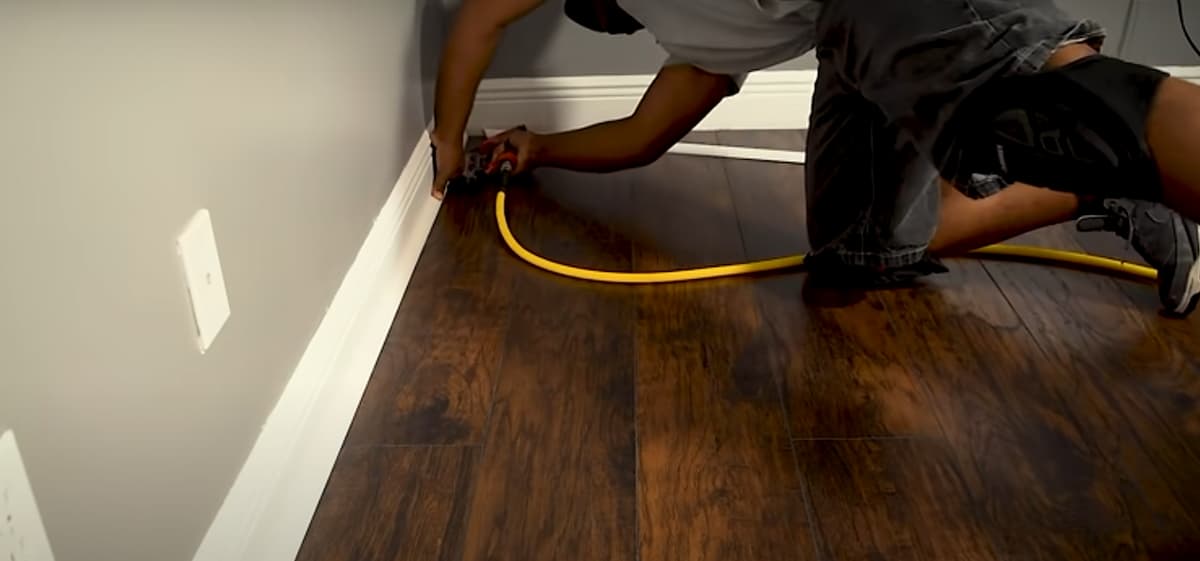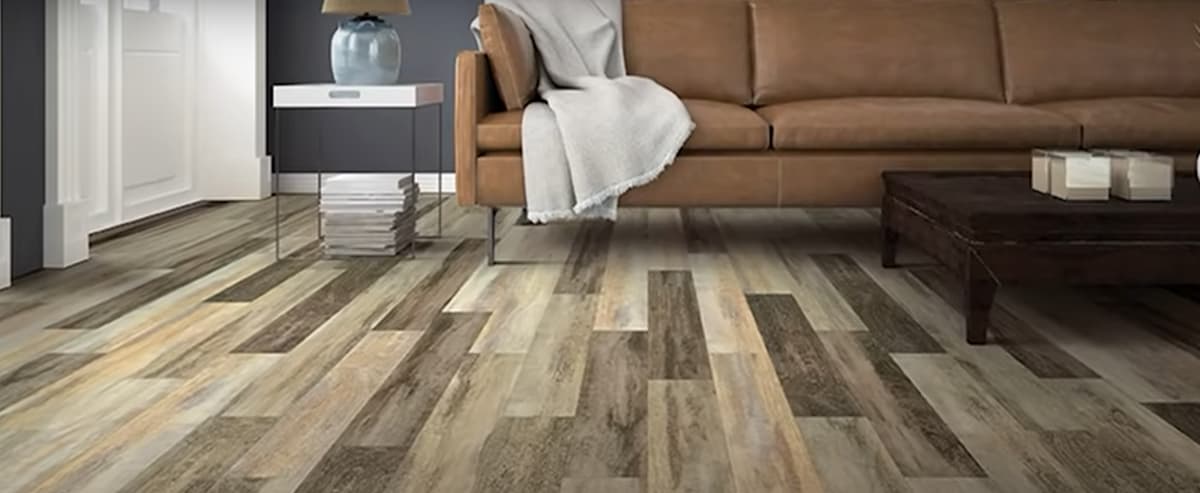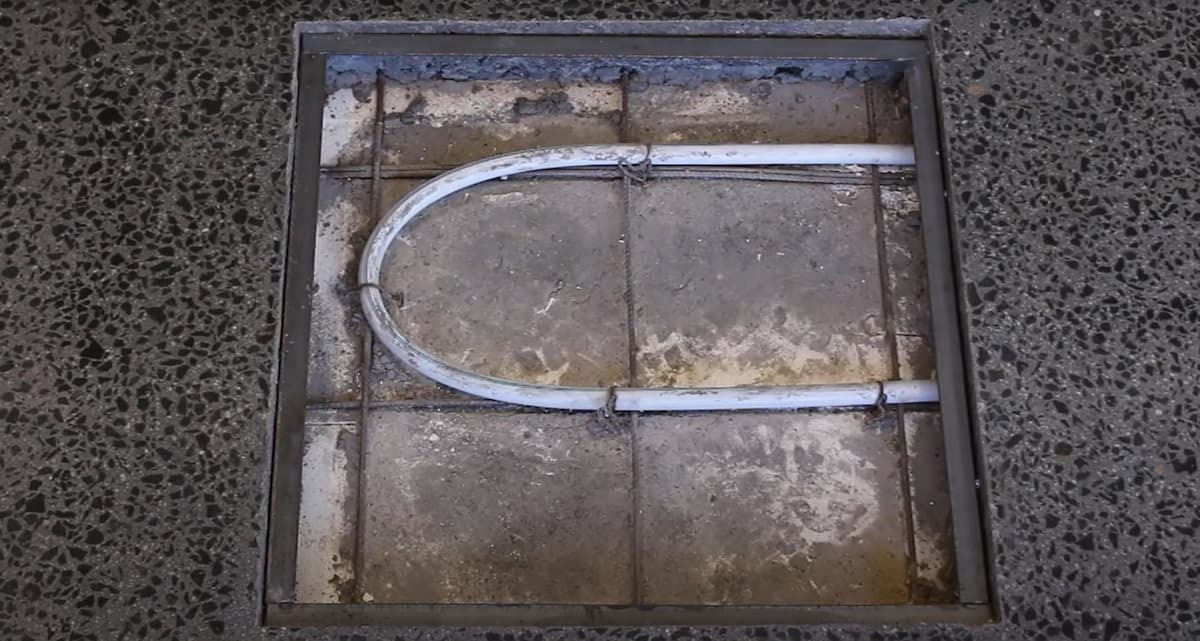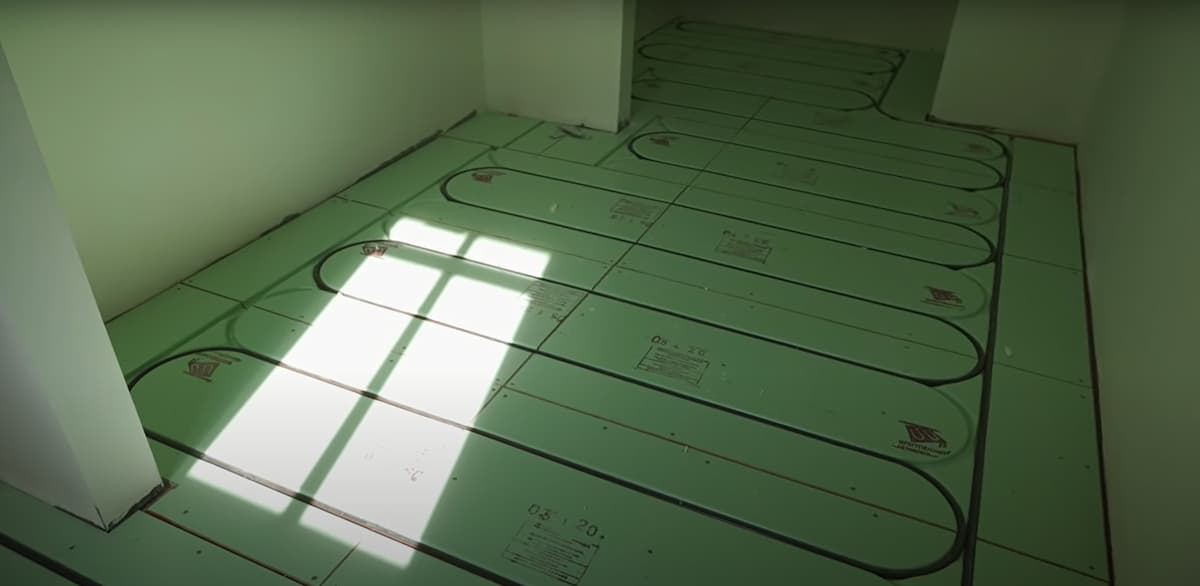
Timber flooring or Bamboo flooring? As you can see, there are pros and cons to each flooring material. But the answer of whether bamboo is better than solid timber comes down to your personal preference. Both of these types of flooring have their own unique benefits that make them popular options for new home buyers. However, it’s important that you do research on both materials before deciding on which one is right for you. Let’s take a closer look at the key differences between these two popular types of flooring.
Difference Between Solid Timber and Bamboo Flooring
Hardwood flooring is generally less expensive than bamboo flooring. Homeowners like the fact that they can choose different types of hardwood for their solid timber floor, including iroko planks, Merbau boards and jatoba boards among others.
When comparing bamboo and hardwood flooring, bamboo floors are made from one type of material (taken directly from the bamboo plant) whereas hardwood flooring is usually made up of different layers like plywood or veneers which make it more durable and tolerant to high traffic areas.
Solid wood floors have a longer lifespan, while bamboo is a faster-growing plant that may need to be replaced after 10 years or so. Timeless hardwoods look more natural compared with manufactured products such as laminates or tiles that tend to look dated over time. Solid timber is a popular choice for homes as it is easy to install and maintain, requiring minimal care or attention.
When comparing flooring, bamboo is more environmentally friendly due to the fact that bamboo grows fast and quick without any chemicals whereas hardwood trees take significantly longer to grow naturally. Bamboo flooring is suitable for those looking for a greener option as they’re made from a sustainable material which may help reduce carbon footprint compared with products such as marble or granite tiles.
Homeowners can also enjoy the luxury of having different colour options when it comes to solid wood floors, including chocolate-stained oak boards, cinnamon planks and even American white oak boards which are significantly cheaper than bamboo flooring alternatives.
The price for a solid strand woven bamboo can be around $70 per square metre whereas a quality hardwood floor can be as high as $150 per square metre. The overall cost depends on the area you live in, in Australia.
Bamboo vs Solid Timber Flooring
Ultimately, it comes down to personal preference when choosing bamboo flooring vs hardwood flooring. Solid hardwood floors are ideal for homeowners looking for a classic material that may put their home in the spotlight. Bamboo is more affordable compared with timber floors, making it suitable for those on a budget who want to enjoy the benefits of an eco-friendly product. Bamboo and hardwood flooring can be installed quickly without any hassle which makes it an attractive choice for DIY enthusiasts looking to save money by doing it themselves at home.
Bamboo Wear and Tear
Bamboo floors are lighter than solid hardwood but can give your room a luxurious feel thanks to their unique look and texture which no other flooring style can replicate. Bamboo is easy to clean and maintain so if you have pets and kids who spill food and drinks every now and then, the material may be the best choice for you as it’s more durable than regular timber flooring.
Hardwood Flooring Materials
Solid hardwood floors are a popular choice because they’re durable and long-lasting, making them perfect for those looking for a classic look without having to do any expensive renovations in the future. It is worth noting however that timber floors do need staining or sealing every few years, but this is something that can easily be done by yourself or with help from an installer if preferred. Solid hardwood floor comes in different types of finishes such as matte, satin and glosses depending on your preference so you can match your new flooring to existing décor throughout your home.
A Natural Appearance Difference Between Bamboo Flooring and Solid Timber Flooring
If you want a natural product that is still eco-friendly as bamboo flooring, but with a classic look and feel, you can always go for engineered solid hardwood. This type of flooring has the same appearance as timber floors but it’s more affordable and durable thanks to its extra layers underneath which contain a moisture-resistant material which makes this type of flooring suitable for seaside homes or basements.
Difference Between Bamboo and Solid Timber Flooring
There are slight differences between hardwood vs bamboo floors such as price, maintenance requirements and durability however ultimately both materials may give your home a luxurious look with their stunning textures and looks. When choosing between solid timber vs bamboo floors, think about the purpose of installing new flooring in your homes such as budget, maintenance requirements and installation costs. If you want a long-lasting product with a classic traditional feel, opt for solid hardwood flooring which may add value to your home. However, if you’re looking for an eco-friendly product that is also affordable and quick to install without any hassle, bamboo flooring might be the better choice.
Solid Timber vs Bamboo
Bamboo vs hardwood flooring, both are popular choices for homeowners looking to update their living areas with new flooring that may not only give them a beautiful finish but also help improve the value of their homes. Bamboo is more affordable compared with hardwood options so it’s perfect for those on a budget who don’t want to spend too much money when renovating their homes. Solid hardwood flooring, however, has an attractive appearance that can be enhanced by different types of finishing touches such as polishing or staining depending on your preference.
If you’re looking for classic style without compromising durability, opt for solid hardwood floors which are available in different shades and colours. Solid wood flooring is suitable if you have pets or kids who are likely to spill food and drinks on your new flooring. Like bamboo, solid hardwood flooring can enhance the look of any room in your home so you have the flexibility to choose the best option that may match with existing décor more closely.

Bamboo vs Solid Timber
Both bamboo and solid hardwood flooring can give your home a luxurious feel thanks to their striking appearance, but there are some differences between these two materials such as price, durability and maintenance requirements. Bamboo is more affordable compared with traditional timber flooring so if you’re on a budget or looking for an eco-friendly option that doesn’t cost too much money, this type of flooring is the best choice. Solid wood floors however have an attractive appearance that can be enhanced by staining or polishing. If you often spill food and drinks during the day and night, dirt and dust are likely to build up over time on any type of flooring including both solid hardwood vs bamboo, but solid wood is more durable than bamboo.
Solid hardwood flooring may definitely increase the value of your home, adding value to interior spaces and giving them a luxurious feel. On the other hand, bamboo flooring is more affordable than solid hardwood so it’s perfect for those whose budgets are limited or who want an eco-friendly option that doesn’t cost too much money. Solid wood floors have a stunning appearance which can be enhanced by staining or polishing to match existing décor in different rooms or you can install new flooring throughout your home to give it a uniform look.
Depending on your preference you can choose between solid hardwood vs bamboo flooring if you’re looking for natural materials which are suitable for homes with kids and pets because these types of floors are durable enough to sustain broken appliances and other objects that fall on them. Solid hardwood flooring however can improve the value of your home, adding considerable value.
Solid Timber Flooring vs Bamboo Flooring Installation
When it comes to installation, solid hardwood and bamboo flooring are both easy to install. Solid wood floors are available in wide planks which are quick and easy to install, whereas bamboo needs a good adhesive for it to be secure on your subfloor. If you want an eco-friendly flooring option that’s also affordable, simple to install without any hassle or if you’re looking for a budget-friendly product that doesn’t cost too much money, bamboo is the better choice.
Solid hardwood flooring vs bamboo may give any room in your home a luxurious feel thanks to their attractive appearance which can be enhanced by staining or polishing depending on your preference. Bamboo flooring is an affordable option that can be installed with ease without too much hassle or expense, making it the best choice if you’re on a budget or looking for an eco-friendly product that emits a low carbon footprint.
Bamboo Flooring vs Solid Timber Flooring
When we are looking at the overall maintenance required, both bamboo and solid hardwood flooring need to be waxed at regular intervals. This may ensure the build-up of dirt and grime is minimised, allowing them to maintain a clean appearance with a shiny finish. Solid hardwood floors require less cleaning compared with bamboo depending on the amount of traffic in your home as well as the number of people living there. If you have pets or kids who are likely to spill food and drinks on the floor, then solid timber is more suitable because they’re durable enough to last for several years without sustaining any damage from broken appliances or other objects that fall onto their surface.
Durability Difference Between Bamboo Flooring vs Solid Timber Flooring
Solid wood flooring is durable enough to sustain broken appliances or other objects that may fall onto its surface so it’s a better choice if you have children or pets in your home.
Value Difference Between Bamboo Flooring vs Solid Timber Flooring
Solid timber flooring can also enhance the value of your property while bamboo may not although it is an affordable option that doesn’t cost too much money. Solid wood floors may undoubtedly increase the value of your property because they have a natural beauty that cannot be replicated by any other material.
Appearance Difference Between Bamboo Flooring vs Solid Timber Flooring
If you want to improve the appearance of your interior spaces without spending too much money, bamboo is definitely the better option between solid hardwood vs bamboo flooring.
The Pros of Bamboo Flooring
Bamboo is the fastest growing plant in the world, with some species able to reach maturity in just three years. This makes it an eco-friendly option because bamboo plants absorb CO2 during their natural growth cycle which reduces atmospheric pollution when compared with other construction materials such as concrete or steel which need additional processing before they can be used.
The durability of bamboo flooring means your investment may last for several years without showing much wear and tear so you don’t have to worry about expensive repairs. They are resistant to sunlight damage so they won’t fade or discolour after being placed in direct sunlight that’s why they’re suitable for installation over any subfloor including concrete because heavy machinery won’t damage them.
Pros of Hardwood Flooring
Solid hardwood flooring is a more popular choice than bamboo because it’s more attractive and luxurious. Solid timber floors can be enhanced with different stains and polishes to customise the appearance of your rooms while maintaining their durability and resistance to natural damage such as scratches and dents which makes them suitable for installation over any subfloor including concrete.
Pros of Engineered Hardwood Floors
Engineered hardwood floors are better at resisting damage than bamboo flooring because they’re created using multiple layers of wood glued together to form a three-dimensional structure that increases the strength and is suitable for installation over all subfloors including concrete and they’re resistant to high moisture levels so you can install them in bathrooms and other areas that have a shower or bathtub. This makes them perfect for use by everybody living in your home especially if you have kids or pets because animals can cause damage to solid wood.





